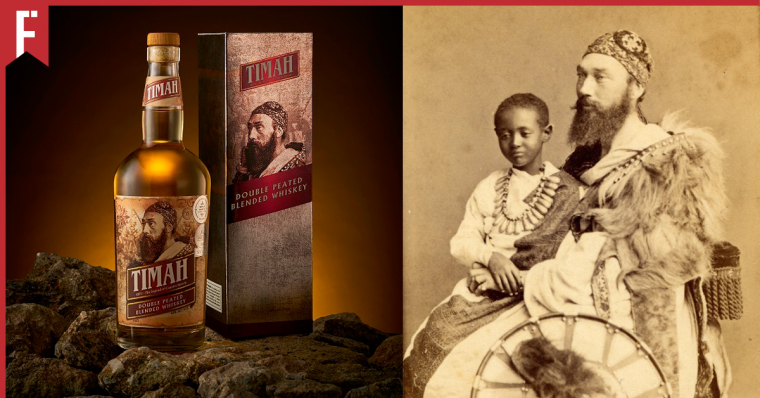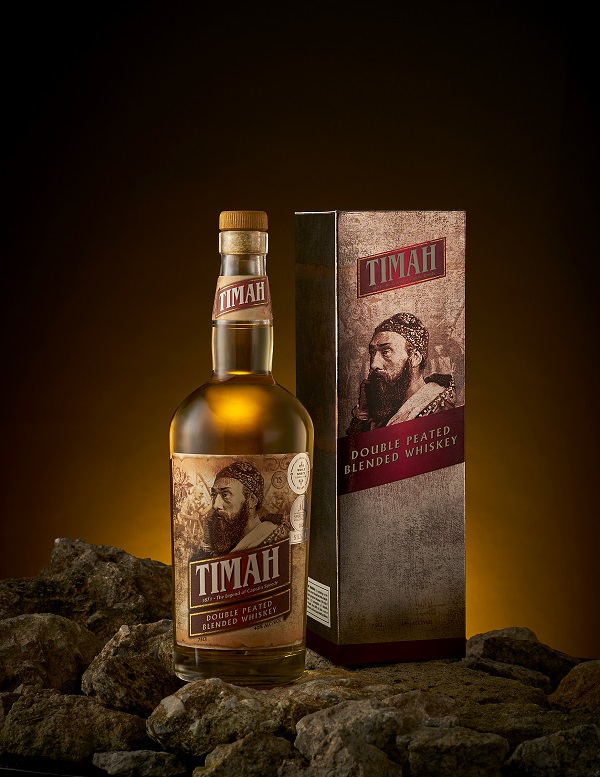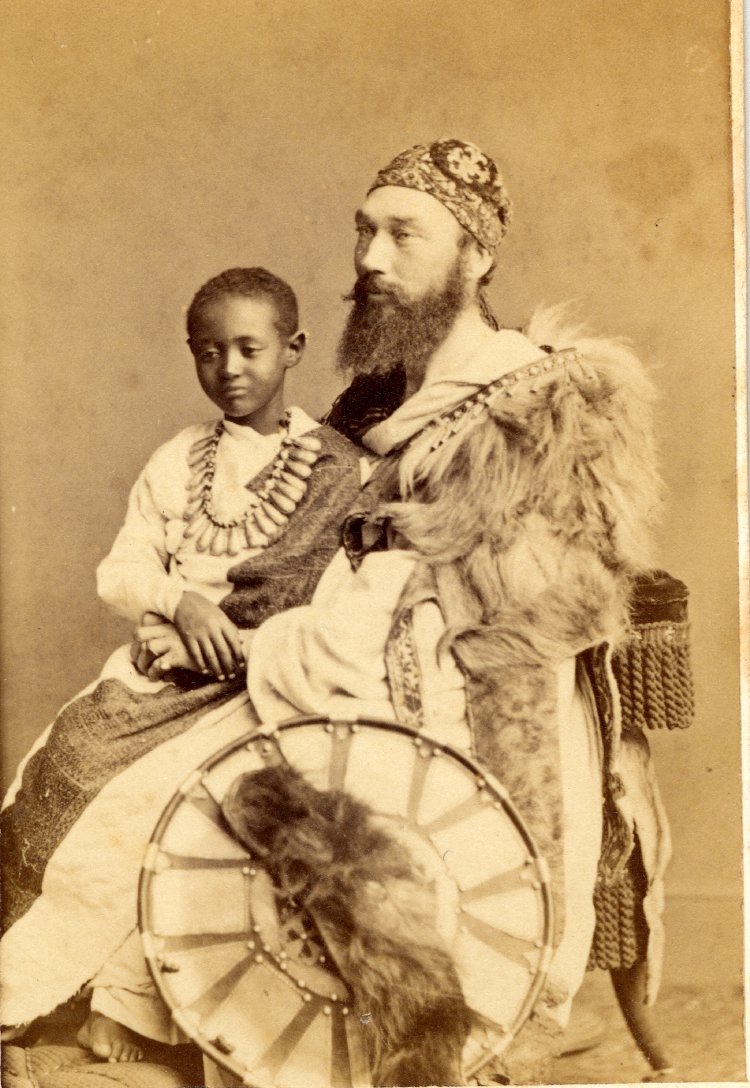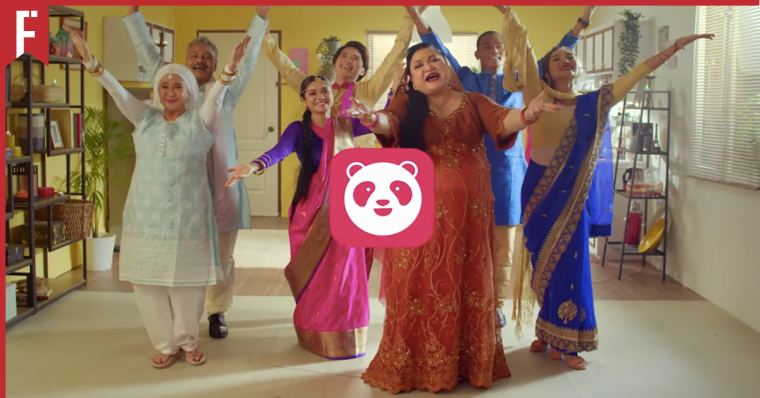
Here’s the deal – Malaysians just love to complain. About anything and really, everything.
I’m convinced at this point that finding things to complain about might as well be a national sport at this rate. We’d surely take home the gold if it were a category in the Olympics.
In the latest flurry of things we’ve found to complain about, is the name of a locally-made whiskey.
Yes, you read that right. Not the consumption of it, not the fact that it’s alcohol, but its name.
What’s In a Name

First, a little back story.
Timah is the first Malaysian-made whiskey that has won international awards in 2020 and 2021. It is a double peated whiskey that contains a careful blend of two aged peated malts, and a locally sourced neutral spirit that gives it its unique taste.
Now, on to the issue.
Over the past weekend, De facto Religious Affairs Minister Idris Ahmad called for an investigation of said whiskey. In addition to that, the Consumers Association of Penang has urged for a ban of the product altogether, stating that the use of the image on the product as well as its name will cause an uproar among Malaysians.
Netizens then took to their social media of choice to voice out how the name of the whiskey was offensive, as it was a short form for a common Malay and Muslim name, Fatimah.
So, what are the facts?

On 15 October 2021, Winepak, the company behind Timah, released a statement saying that the name is actually the Malay word for ‘tin’, a natural resource in our beloved country. On the other hand, the image used on the packaging is of Captain Speedy, a British explorer who introduced the whiskey culture back in British Malayan times.
In reference to the booming tin mining industry which flourished in Malaya at the time, the name Timah was born – an homage to the rich history of our beloved country.
Now I don’t know about you, but this has got me thinking; is the general grasp of our own language so poor that Malaysians don’t know “timah” translates to “tin”, or is it just a case of looking for another issue where there isn’t one?
This Isn’t The First Time Either!

Over the years, there have been many instances of things that, in the bigger picture, are non-issues in the first place. Here are some examples:
1. Know Your ‘V’ Libresse Ad Campaign
In September 2021, female hygiene product brand Libresse launched a series of ads depicting a flower that may sort of look like a certain female body part. Following the release of said ad, the company received a ton of backlash from government-based religious organisations, stating the misuse of female private parts in their ads as offensive and a violation of women’s rights.
2. Malaysian Rages at Nasi Lemak Stall Owner
A video of a man raging at a nasi lemak stall owner went viral in July 2021. In the video, the stall owner is asking the man to wear his mask while he places his order, pertaining to the COVID-19 SOPs put in place. The man snapped and started yelling at the stall owner, while other customers and the owner’s daughter tried to de-escalate the situation.
3. Malaysian Berates Beer Promoter For Doing Her Job
In 2018, a viral video surfaced of a man hurling insults and obscene gestures towards a female beer promoter in a hypermarket. The man, who was going about his grocery run, stumbled upon the beer promoter in the non-halal section of the hypermarket and proceeded to berate the girl, filming himself doing so in the process.
Following the virality of the video, netizens criticised the man’s actions with some going so far as to finding out his identity and personal information.
4. A Fear of the Cross
There isn’t an isolated incident in regards to this that I can specifically pinpoint, as it happens on and off again every so often. The first that comes to mind is an incident that took place in 2015, when a group of 50 residents in Taman Medan, Petaling Jaya mobbed a new church in the area demanding for the cross outside the church to be taken down.
The motive? The residents feared that looking upon the cross would shake the faith of their fellow Muslim brethren. Local religious leaders and organisations criticised the actions of the group, stating that it is not the way of Islam and that we should all be tolerant in letting other religions worship freely.
The second is an incident in 2018, where a picture surfaced of an apartment in Penang that had its lights switched on in a way that depicted a cross. Religious organisations in Penang stated that it was disrespectful of the developers to do such a thing and that there was a motive for spreading Christianity behind their actions.
The developers released a statement saying that the lights were not supposed to resemble a cross, but a Chinese character for prosperity instead. The picture that was taken was at an angle that misrepresented this.
Of course, with every incident, Malaysians were ever at the ready to say their piece. Some criticised the issue, stating that there was none to begin with, while others voiced their agreements stating that what was brought up was a legitimate concern.
Live and Let Live
At the end of the day, we’re all just trying to survive in a world full of proverbial fecal matter. Why ignite more issues where there are none to begin with? If it’s not hurting you or anyone else directly in any way or form, can’t we just live and let live?
But perhaps the bigger issue is knowing the full story before saying something about it, and then being mindful about how you say it. Maybe ask yourself this before you say anything:
“Do I know all the facts of the matter?”
“Would my input be something that would contribute or add value to the conversation?”
“Will what I say offend anyone if I do say it out loud?”
And if all else fails, try taking a page out of Ronan Keating’s book: you say it best when you say nothing at all.
While there are issues that are seemingly blown out of proportion, here’s one about a certain food delivery brand that came under fire for its controversial ad:
Sorry Not Sari: Where Foodpanda Went Wrong









